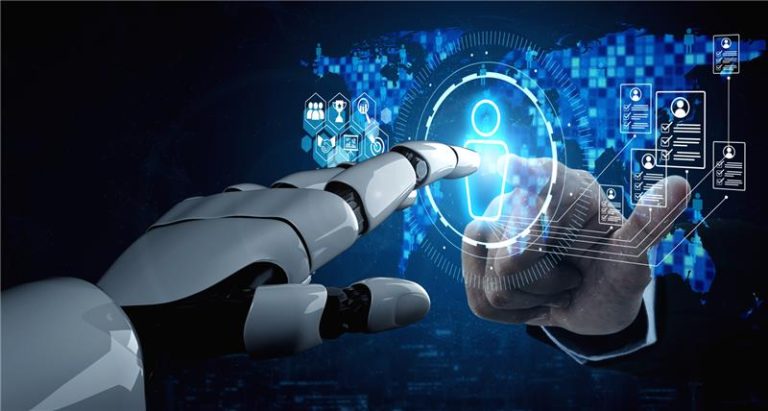The future of jobs for people in a world that’s developing robots and AI presents a lot of questions. But according to WorkMarket founder Jeff Wald, the answers and some much-needed reassurance can be found by looking at the past.
During the TechServe Connect 2020 virtual event, Wald shared his perspective on the past, present and future of work based on lessons from his recently released book “The End of Jobs: The Rise of On-Demand Workers and Agile Corporations.”
While covering the history of working, he focused on the three industrial revolutions we have experienced: mechanization, electrification and computerization.
As we prepare for the fourth revolution of robots and AI, Wald explained that the transition between revolutions has always been challenging. But in turn, we have always ended up with more jobs, a higher standard of living and fewer hours worked.
“Robots and AI will lead to no net job losses, but retraining is going to be key,” he said.
Wald explained that we can already see the traditional “9-5 job” dying and its death is only being sped up by the impacts of COVID-19.
“The work situation will become fluid, team-based, always on and working from anywhere,” he said.
Currently, a big change in work that the pandemic accelerated was the shift to working from home, a situation that’s actually more favorable according to research. According to data that Wald shared, there is an increase in productivity when people work from home, virtual workers are nearly two times more engaged than traditional office employees, and as much as $7,000 is being saved per employee on childcare, communicating and work clothes, and there is less stress.
Regarding the future of work, Wald focused on the changes that will happen as they relate to on-demand labor and the development of AI.
He explained that the chances of on-demand work dominating the workforce are slim since it has already made up 25-30% of the labor force for generations and all studies regarding on-demand labor show slow growth.
The probability of robots assuming all jobs in the workforce any time soon are also low, he assured.
In reality, 10-15 percent of jobs in the US will be lost to AI over the next 20 years.
But this will prompt 5-10 percent of new jobs gained in areas such as data, cyber security and computer programming. In addition, jobs requiring soft skills that robots cannot possess like creativity, empathy and communication will be needed. There is also potential for the creation of other roles with completely new responsibilities that require attention in the future.
“Through all three industrial revolutions, what we’ve failed at is providing retraining for workers into areas where jobs are growing,” Wald said. “[In the future] people may shift labor classifications throughout their careers.”
Industries that have the highest predicted job losses include data entry, transportation and food preparation.
Jobs are expected to grow in areas such as design, sales, marketing, social media and human resources.
Although the exact outcome of the future may never be fully guaranteed, Wald encourages others to make their predictions based on data and history, and to be hopeful that the future we’d like to see can always be created.












